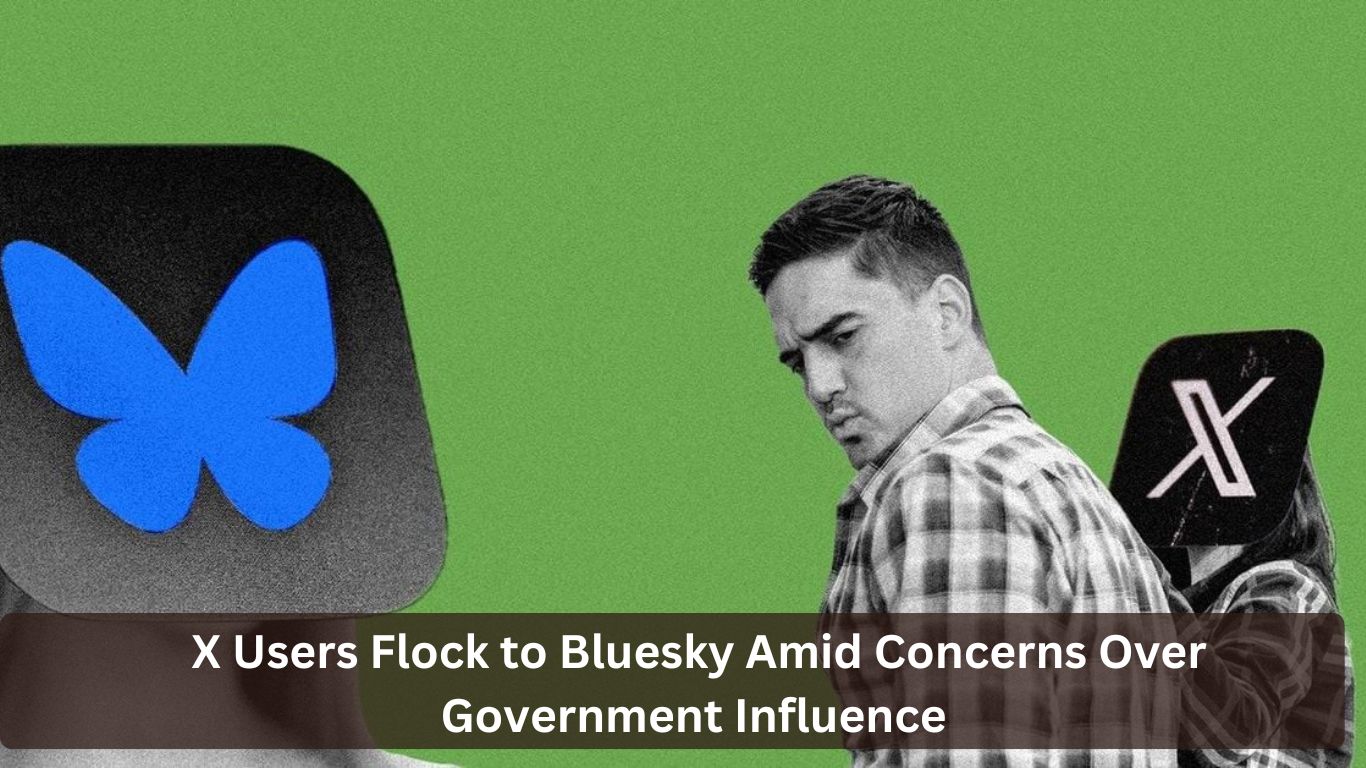A growing number of X (formerly Twitter) users are migrating to Bluesky, a decentralized microblogging platform, citing concerns over Elon Musk’s perceived support of government involvement in content moderation. Musk’s role in aligning X’s policies with governmental directives has fueled debates about censorship and freedom of expression, pushing users toward alternative platforms.
Bluesky, backed by Twitter co-founder Jack Dorsey, offers a decentralized framework that empowers users to maintain control over their content and algorithms. This core principle contrasts sharply with X’s centralized model, which some critics claim makes it susceptible to political manipulation. Bluesky’s promise of transparency and user autonomy has made it a haven for individuals seeking a less regulated and more democratic digital space.
The shift gained momentum when The Guardian publisher publicly exited X, branding it a “toxic media platform.” The platform’s association with fostering divisive content and harmful narratives has alienated many users, including prominent figures. Renowned physicist Stephen Hawking was another high-profile departure, signaling growing discontent among intellectuals and thought leaders.
X’s declining appeal reflects broader dissatisfaction with centralized platforms prioritizing governmental compliance over user interests. Bluesky, though still in its growth phase, represents a potential alternative for those seeking freedom from top-down moderation.
The migration highlights a shifting digital landscape, where decentralized platforms like Bluesky are becoming key players. Whether this trend will redefine online discourse or remain a niche movement depends on how platforms balance user trust and regulatory pressures.















